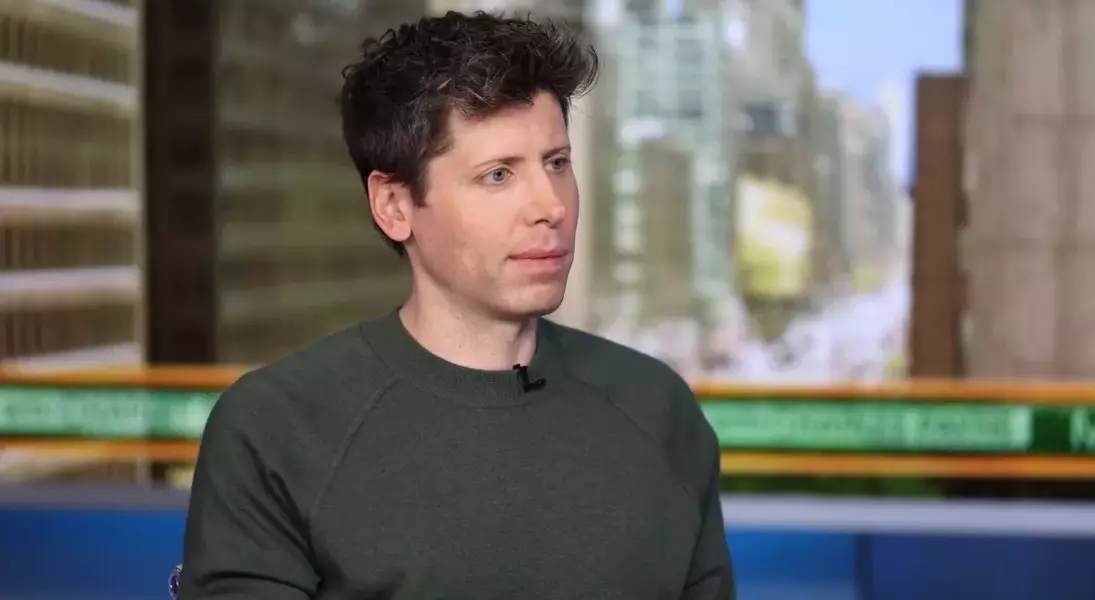In a candid Reddit AMA, OpenAI’s leadership, including CEO Sam Altman, addressed pressing issues ranging from competition with Chinese firms to the company’s future strategies. The session provided unprecedented insights into OpenAI’s plans for open-sourcing, model transparency, and its evolving relationship with the U.S. government.
Reinventing the Future of AI Development
Competitive Landscape and Strategic Adjustments
The AI landscape is rapidly evolving, and OpenAI finds itself at a pivotal juncture. Competitors like DeepSeek have emerged as formidable rivals, challenging OpenAI’s dominance in the field. This shift has prompted OpenAI to reassess its approach to open-sourcing and transparency. While the company has historically favored proprietary models, the rise of competitors has forced it to reconsider this stance. Altman acknowledged that DeepSeek has narrowed the gap between them, leading to internal debates on how best to proceed.One significant change is the potential open-sourcing of older models. Kevin Weil, OpenAI’s chief product officer, hinted at this possibility, noting that the company is exploring ways to make past iterations available without compromising their competitive edge. This move could foster greater collaboration within the AI community while maintaining OpenAI’s innovation pipeline. However, the exact timing and extent of these changes remain under consideration.Promoting Model Transparency and User Trust
Transparency has become a focal point for OpenAI, particularly regarding how its models operate. Users have long sought more insight into the decision-making processes of AI systems. In response, OpenAI is working on enhancing the visibility of its reasoning models. For instance, the company’s o3-mini model, recently released, already demonstrates some improvements in this area. However, there is still room for growth.Weil emphasized the importance of striking a balance between transparency and protecting against competitive distillation. While fully exposing the chain of thought might pose risks, it also addresses user demand for greater clarity. OpenAI is committed to finding the right equilibrium, ensuring that power users gain valuable insights while safeguarding proprietary knowledge.Economic Considerations and Pricing Models
Financial sustainability remains a critical concern for OpenAI. ChatGPT, one of the company’s flagship products, currently operates under a pricing structure that has drawn scrutiny. Altman revealed that the costliest plan, ChatGPT Pro, incurs losses for the company. Despite this, he expressed a desire to make the service more affordable over time if feasible. This strategy aims to expand accessibility while maintaining financial viability.In addition to pricing adjustments, OpenAI is exploring various revenue streams. The company’s partnership with the U.S. National Laboratories exemplifies this effort. By providing AI models for nuclear defense research, OpenAI not only diversifies its income but also contributes to national security initiatives. Weil assured users that the scientists involved are highly skilled and adhere to rigorous standards, mitigating any concerns about misuse.Compute Power and Future Innovations
The relentless pursuit of computational excellence drives much of OpenAI’s agenda. Weil highlighted the correlation between increased compute power and enhanced model performance. Projects like Stargate, OpenAI’s ambitious data center initiative, underscore this commitment. As user demand grows, so does the need for robust infrastructure capable of supporting advanced AI applications.Looking ahead, several key milestones loom on the horizon. The release of OpenAI’s next reasoning model, o3, is anticipated within a few months. Meanwhile, the development of GPT-5, the company’s next flagship non-reasoning model, continues without a set timeline. Additionally, OpenAI is actively refining its image generation technology, aiming to surpass DALL-E 3’s capabilities. These advancements promise to redefine the boundaries of AI and solidify OpenAI’s position at the forefront of technological innovation.Addressing Ethical Concerns and Recursive Self-Improvement
Ethical considerations play a crucial role in shaping OpenAI’s trajectory. One topic of particular interest is recursive self-improvement, where AI systems enhance their own intelligence autonomously. Altman conceded that a “fast takeoff” scenario is now more plausible than previously thought. This acknowledgment reflects a nuanced understanding of AI’s potential and the need for responsible stewardship.Concerns about AI being used for destructive purposes, such as developing nuclear weapons, were also addressed. Weil reiterated his confidence in the U.S. government’s expertise, emphasizing the rigorous validation processes employed by national laboratories. OpenAI remains dedicated to advancing AI ethically, ensuring that its technologies serve beneficial and constructive purposes.
